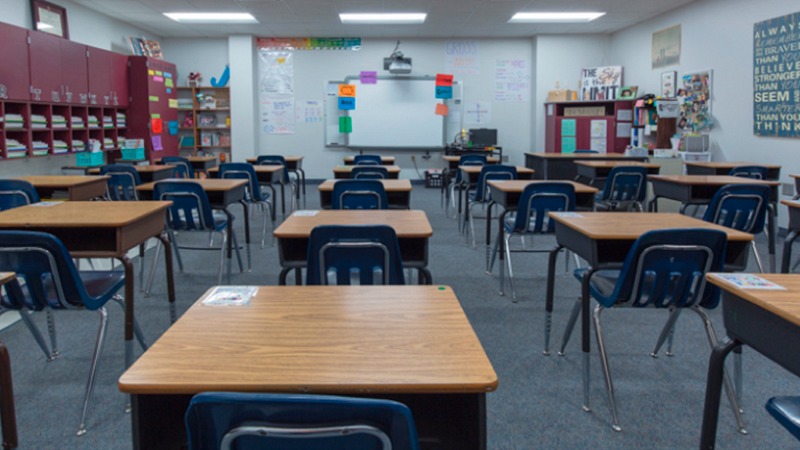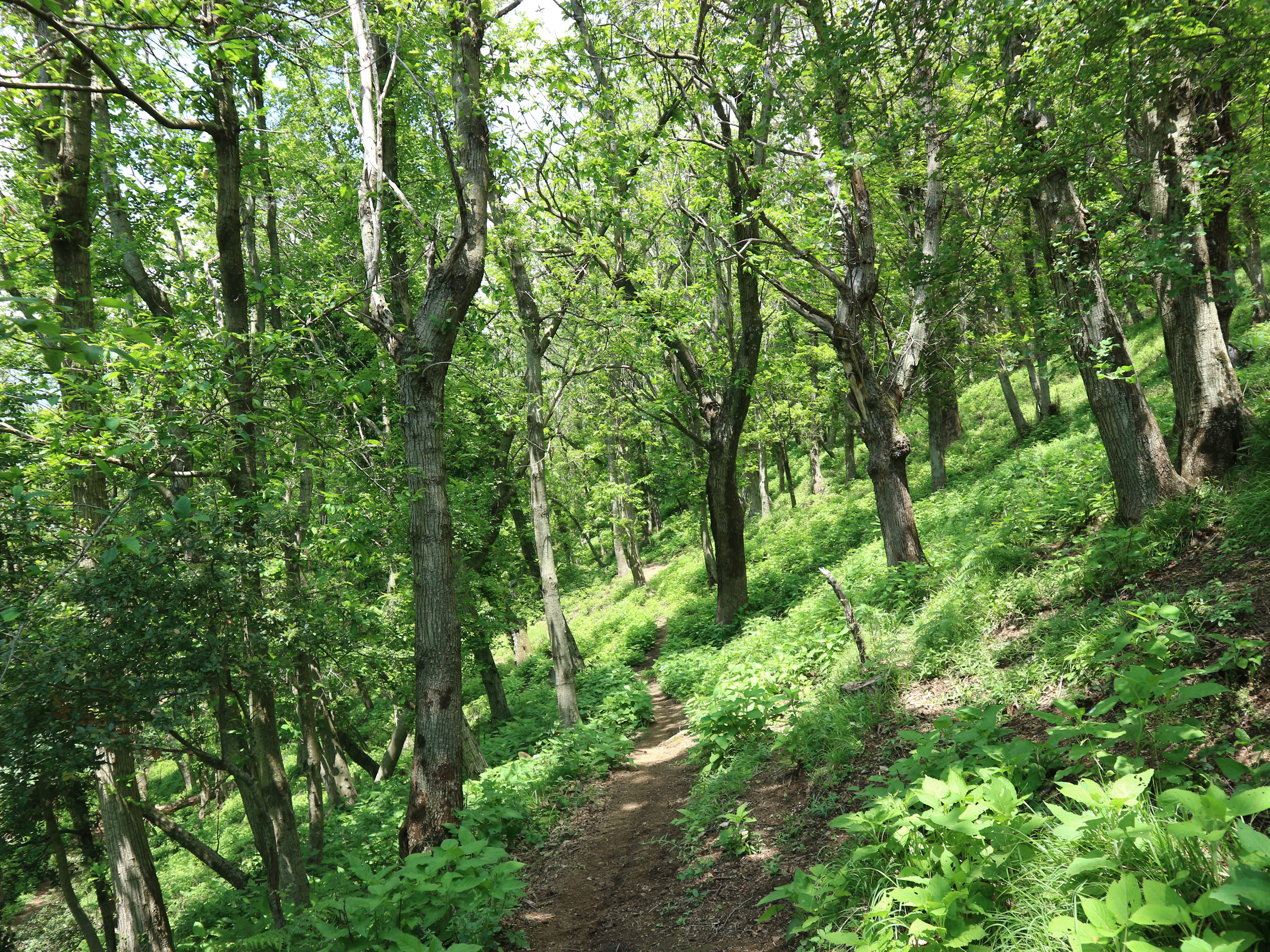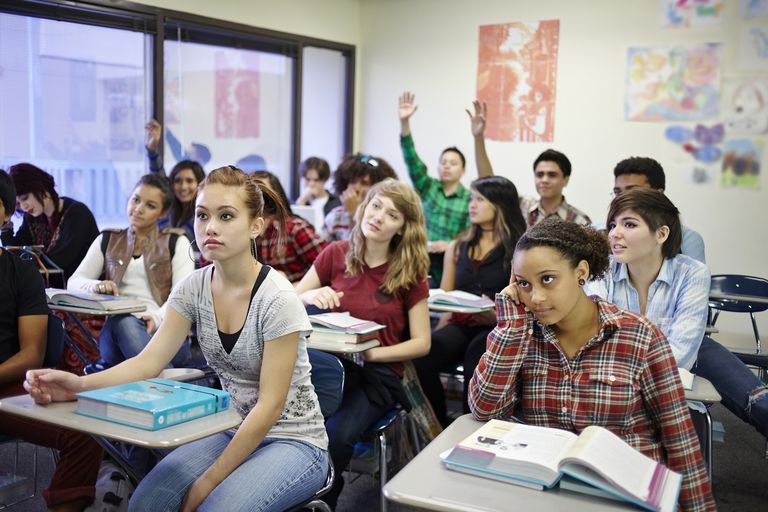Before talking for outdoor education, let’s start with a self-reflection test about our experience on education.
1) Which of the pictures below correspond to a learning environment?


2) With which situation are you more familiar?


3) Which learning tools did you mostly use as a student for educational purposes?


4) Now, try to estimate the percentage of your school time that the learning process took place indoors and outdoors.
It’s not hard to guess that the majority spent most of their lifetime indoors, in a typical 4-wall classroom, passively receiving knowledge from books and teachers.
In the modern world, outdoor education is a relatively new concept as it first appeared as part of non formal education in the beginning of the 20th century. Later on, forest schools started to be established mainly in the US, UK, Scandinavia and Canada but it took several years until this philosophy enters the sphere of international education discourse.
But why it became so popular lately?
Outdoor education can provide the proper conditions for developing positive personal and interpersonal relationships as well as understanding the way the natural environment works. Positive relationships are a key for the well-being and development of individuals. Outdoor education gives the possibility to students to be engaged in practical and active learning experiences in natural settings typically beyond a typical classroom.
According to the Outdoor Education Australia:
-Learning outdoors cultivates direct personal contact with nature in a way that promotes personal health and well-being and provides the foundations for ecological literacy.
-Through outdoor experiences students are provided with opportunities to reflect on healthy alternatives for everyday life.
-Enhancing well-being through guided reflection on involvement in group and individual activities that are challenging and adventurous.
– Developing essential personal and social capabilities such as communication, resilience, self-confidence, leadership, teamwork, goal setting, personal autonomy and initiative.
We have to admit that moving the learning process outdoors isn’t a panacea method. It’s recommended in balance with other pedagogical methods. Learning outdoors can be even more complicated than in a proper classroom and it might lead to controversial results. However, in our years when most of the population is disconnected from the natural environment and rhythm of life, while suffering from high stress levels, learning outdoors worth a chance.
Tania Rempatsiou, Education for Sustainable Development
